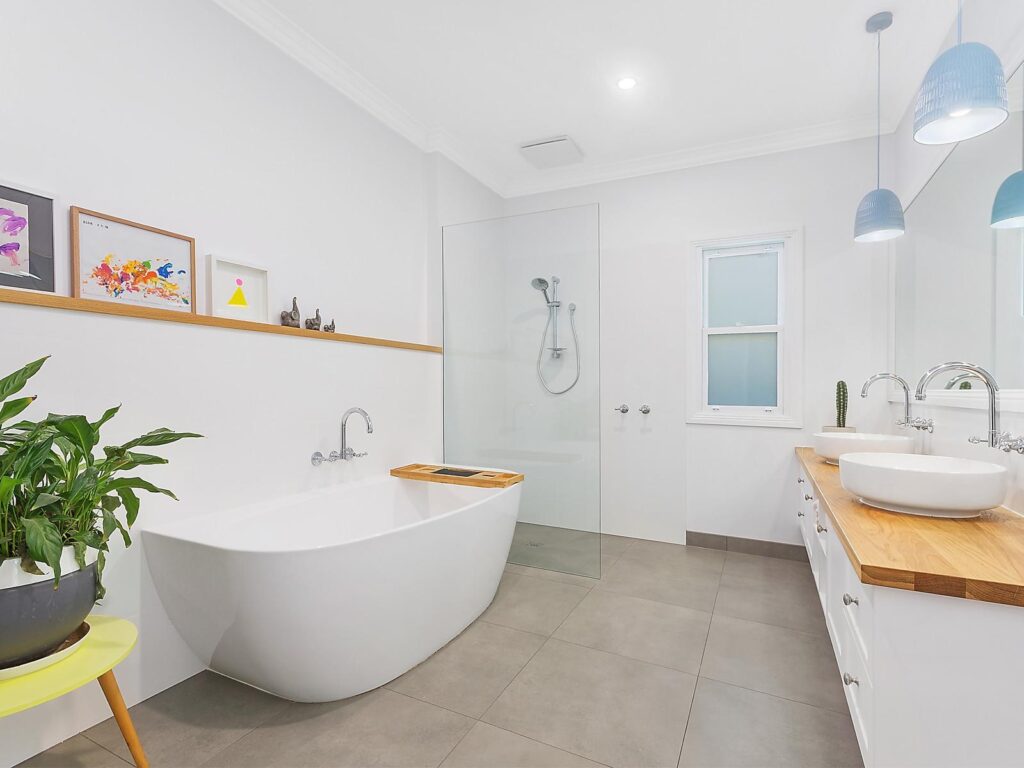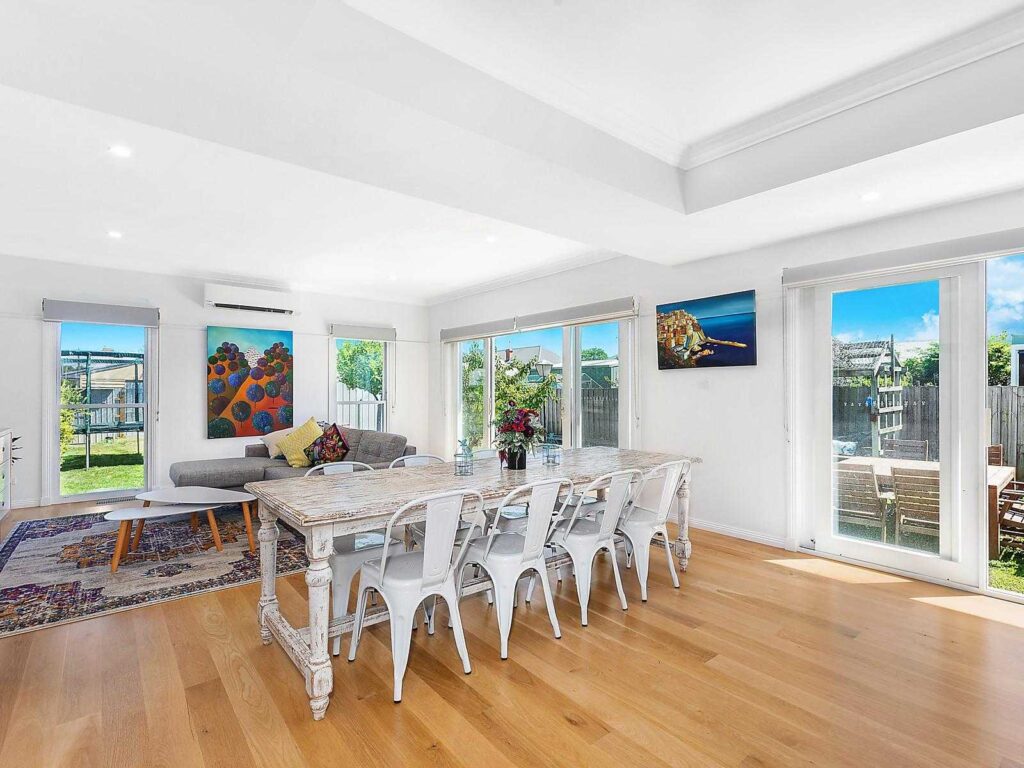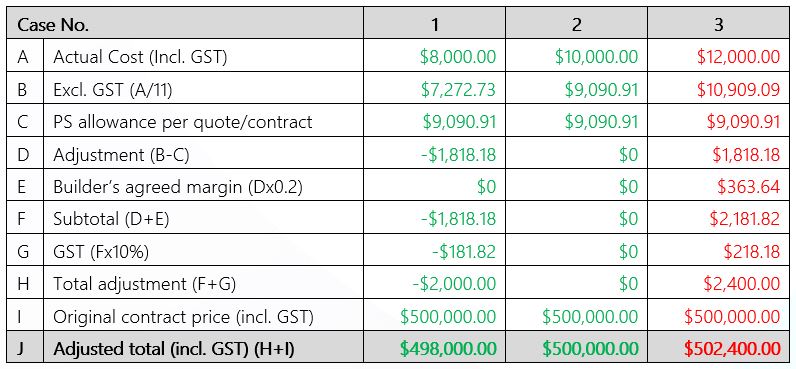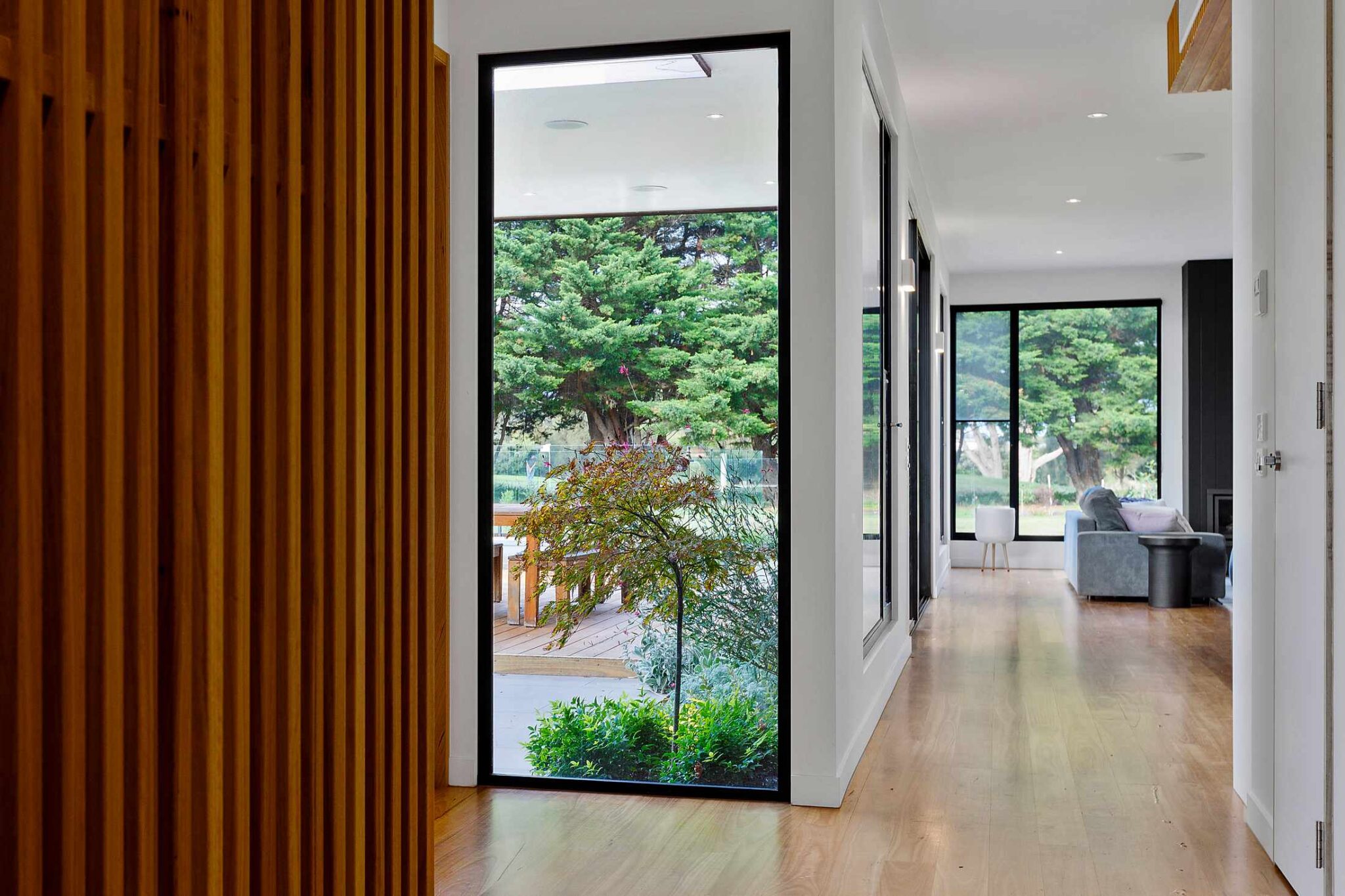What’s the Difference Between Prime Cost and Provisional Sum?
When you receive the quote for your building project, there are a couple of terms that you might not be familiar with – ‘Prime Cost (PC) and Provisional Sums (PS)’. Simply put, these are adjustments to a contract that are put in place if you’re not able to choose everything you want to be included in your home when the building contract is signed, or for items where reasonable allowances have been made during a volatile market where price fluctuations could occur after the contract is signed. This is different to a variation, which is a change made after the contract is signed.
The important thing to remember about prime costs and provisional sums is that there should be a reasonable amount included in the contract to ensure that the eventual cost is as close to the budget allowance as possible. It pays to be forward-thinking and plan for contingencies by creating a ‘buffer’ amount in your financial budget to cover any unexpected PC or PS over-runs.
Keep reading to learn more about prime cost and provisional sums and the main differences between the two building terms.
Prime Cost
A Prime Cost (PC) is an amount of money in your building contract allocated to the supply only (not the labour cost to install) of specified items such as concrete benchtops, tapware, tiles, and cabinetry. An agreed estimated amount is included at contract signing, which provides you with some time to select the specific products at a later stage.

For example, if you select a more expensive stone benchtop than allowed by the PC item – say a $2,000 benchtop compared with a $1,500 PC amount – the contract will be adjusted to cover the additional $500, plus the builder’s margin on the $500. Conversely, if you select a less expensive stone benchtop than allowed by the PC item – say a $1,000 benchtop compared with a $1,500 PC amount – the contract will be adjusted to credit you the $500 difference, but the builder’s margin on the $500 difference will not be credited.
In summary, if the cost of the Prime Cost item varies from what has been estimated at contract signing, so will the final contract sum.
Provisional Sum
A Provisional Sum (is) is an amount of money included in your building contract to cover the supply and labour required to install specified items, the extent of which cannot be accurately determined when entering the contract. Typically, builders will include a PS for sitework costs, or the supply and installation of the kitchen (cabinetry, benchtops etc.) – things you’re not in a position to choose at the time the contract is signed. This is different from prime cost items, as it includes labour costs rather than solely the supply of materials.
Your builder is legally required to take reasonable steps to ensure an accurate site works cost estimate. However, unforeseen events can sometimes occur that cause the provisional sum to be exceeded, increasing the total contract sum accordingly.

For example, your building site may seem sandy and clean with minimal siteworks required prior to commencement. However, there may be large limestone rocks or tree trunks concealed below the surface which only become apparent once siteworks commence, thus causing a cost over-run.
Provisional Sums are treated in a similar way to Prime Costs, whereby you pay the difference between the actual amount and the originally estimated amount plus the builder’s margin – unless the actual amount is less than the estimated amount, in which case you are credited the cost difference. However, the builder’s margin on the cost difference will not be credited.
In summary, if the cost of the Provisional Sum item varies from what has been estimated at contract signing, so will the final contract sum.
How can PC and PS affect the contract price?
If you want a watertight contract, it’s better to have as little PC and PS as possible, making the builder carry the risk of supplying the items. However, if you want to share some of that risk, having an agreed PC or PS can work in your favour. A good example is a site cut where it’s difficult to accurately calculate the cost and quality of excess soil that will need to be excavated and carted off-site due to dump location and traffic conditions of the day.
The below example shows an agreed PS allowance of $10,000 incl. GST and the total cost to cut the site in three different scenarios:
1. Work is completed less than the allowance at $8,000 incl. GST.
2. Work is done as per allowance at $10,000 incl. GST.
3. Work is done for more than the allowance at $12,000 incl. GST.

Looking for a quality custom home builder? Reach out to ARCA today.

